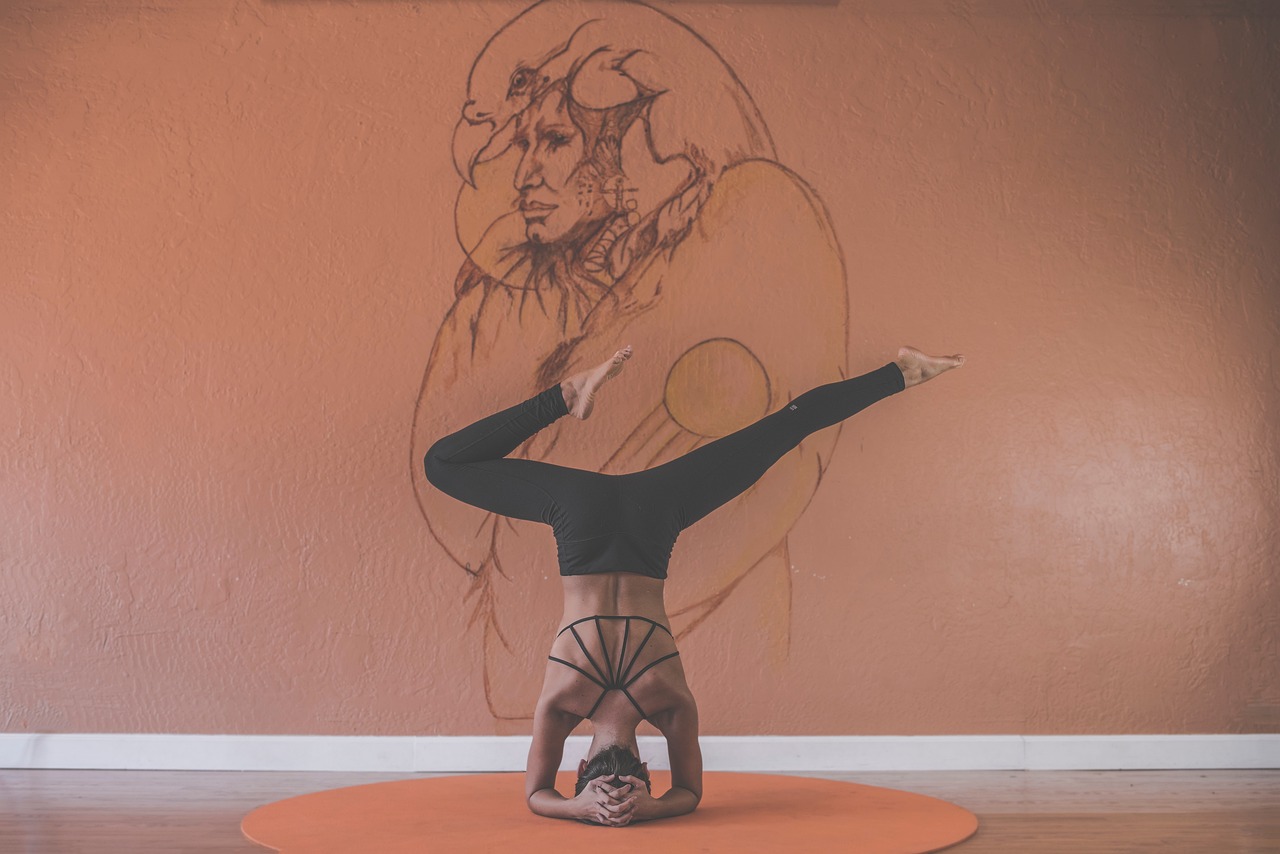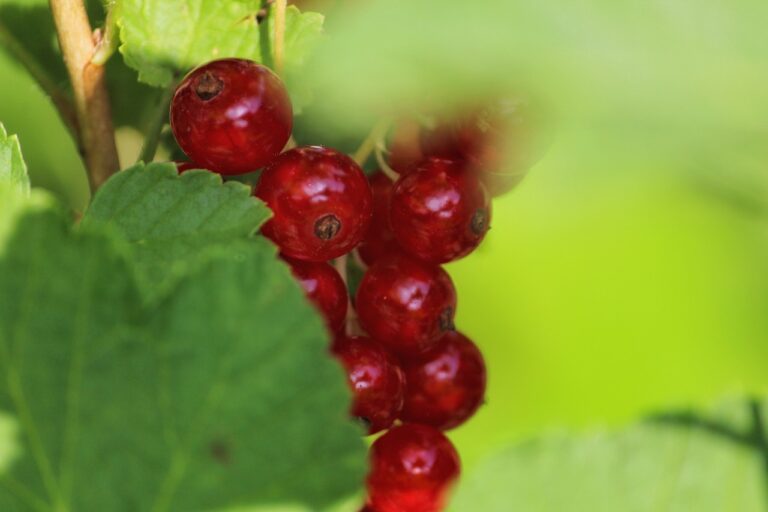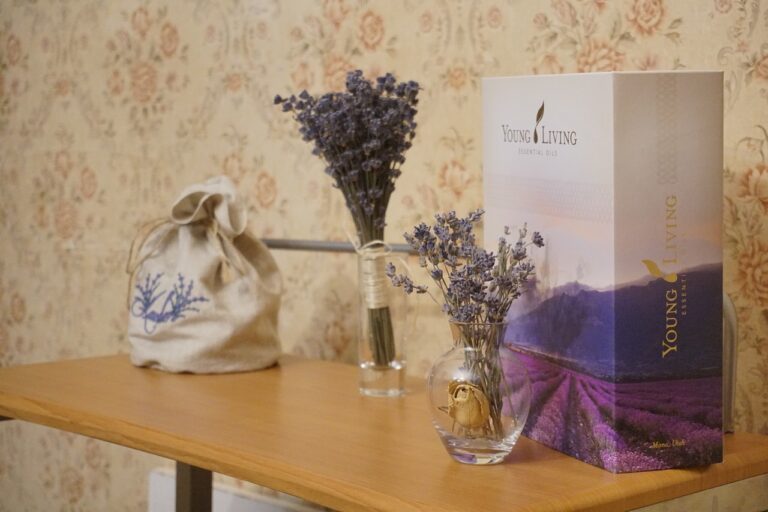Rheumatology and Bird Conservation: Supporting Avian Habitats: Betbazar 247 login, Playexch in login, Gold365 id login
betbazar 247 login, playexch in login, gold365 id login: Rheumatology and Bird Conservation: Supporting Avian Habitats
As a rheumatologist, my daily focus is on treating patients with autoimmune diseases that affect the joints, muscles, and connective tissues. However, my passion for nature and wildlife conservation has led me to explore the intersection between rheumatology and bird conservation. Birds play a crucial role in our ecosystem, and their habitats are essential for their survival as well as for the health of our planet. In this article, I will discuss how supporting avian habitats can benefit both birds and humans, and how we can all play a part in preserving these vital ecosystems.
The Importance of Avian Habitats
Birds are not just beautiful creatures that fill our skies with their songs and colors they also provide essential services to our environment. Birds help control insect populations, pollinate plants, disperse seeds, and contribute to the overall health of ecosystems. However, many bird species are facing threats such as habitat loss, climate change, pollution, and predation. By supporting avian habitats, we can help protect these species and ensure a healthy balance in our ecosystems.
How Rheumatology Can Support Bird Conservation
While it may seem like a stretch to connect rheumatology with bird conservation, there are actually several ways in which the two can intersect. For example, some medications used to treat autoimmune diseases in humans can have negative effects on bird populations if they enter the environment through wastewater. By promoting sustainable practices in healthcare settings, rheumatologists can help reduce the impact of pharmaceuticals on avian habitats.
Furthermore, spending time in nature and observing birds can have positive effects on our mental and physical health. Studies have shown that birdwatching can reduce stress, anxiety, and depression, and even improve cognitive function. By advocating for green spaces and wildlife habitats in our communities, rheumatologists can support both human health and bird conservation efforts.
Ways to Support Avian Habitats
There are many simple steps that individuals can take to support avian habitats in their own communities. Planting native trees, shrubs, and flowers in your yard can provide food and shelter for birds, while avoiding the use of pesticides can help protect them from harmful chemicals. Creating bird-friendly features such as bird baths, feeders, and nesting boxes can attract a variety of species to your property.
Getting involved in local conservation efforts, such as habitat restoration projects and bird monitoring programs, is another way to support avian habitats. By volunteering your time or donating to conservation organizations, you can help protect critical bird habitats and ensure the survival of threatened species. Educating others about the importance of birds and their habitats is also essential in raising awareness and promoting conservation efforts.
FAQs
Q: How can I attract more birds to my backyard?
A: Planting native plants, providing food and water sources, and creating shelter will help attract a variety of bird species to your yard.
Q: What are some common threats to bird habitats?
A: Habitat loss, pollution, climate change, and predation are all major threats to bird habitats around the world.
Q: How can I get involved in bird conservation efforts?
A: You can volunteer with local conservation organizations, participate in bird monitoring programs, and donate to support habitat restoration projects.
In conclusion, supporting avian habitats is crucial for the survival of bird species and the health of our planet. As rheumatologists, we can advocate for sustainable practices in healthcare settings, promote the benefits of nature on human health, and take action in our own communities to protect bird habitats. By working together to preserve these vital ecosystems, we can ensure a bright future for both birds and humans alike.







